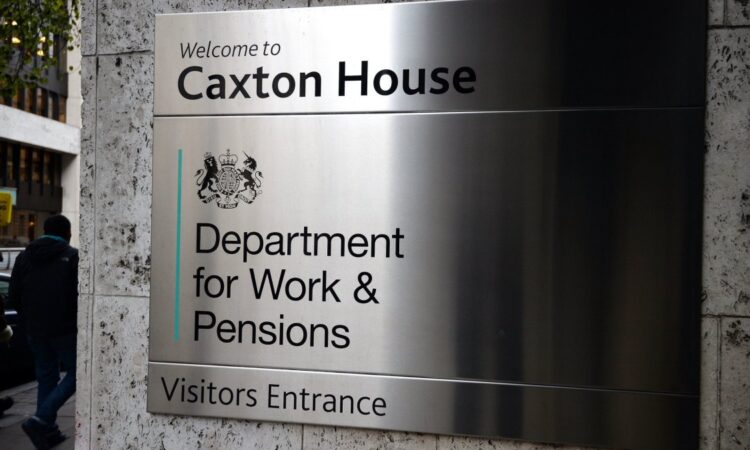Disability benefit claimants ‘need extra £1000 a month’ to have same living standard as non-disabled household

Disabled people are not getting enough financial support to have the same standard of living as others, MPs have been warned.
Charities and organisations representing disabled communities and carers told MPs that the amount of money people get through disability benefits is not enough to sustain them.
They said people receiving benefits or Personal Independent Payments (PIP) – to help support them with their additional needs – still need an additional £1,000 a month in income to achieve the same living standard as their counterparts.
MPs on the Work and Pensions Committee heard with charity leaders and experts on whether benefit levels in the UK are adequate.
James Taylor, director of strategy for disability charity Scope, said: “As the committee is looking at adequacy of benefits, the adequacy of PIP is inadequate.
“We found you need an additional £1,000 a month to have the same standard of living as a non-disabled household.
“So it’s clear that the PIP isn’t doing the job of meeting people’s extra costs as it as it should be.”
He went on: “I think what I’m suggesting is that it’s very unclear how benefit levels have been set. And all that seems to happen now is that they are uprated by an inflation rate sometimes automatically and other times it requires lots of lobbying and campaigning from organisations.
“What we are hearing from my colleagues this morning is that these have been set, some of them, 50 or 60 years ago and just been inflated every year, but it’s not capturing people’s lives and their expenses in the correct way.”
He said the Governments should ensure “greater transparency, involvement and engagement with claimants” and with disabled people who are experiencing higher costs before setting the benefit levels.
Ken Butler, policy adviser at Disability Rights UK, said PIP payments were “demonstrably” not high enough.
“I think it’s really difficult for anybody to argue that universal credit or any other benefits in the system are adequate,” he said.
“I think that most people say who don’t claim benefits… they might think that benefits aren’t very high, but they assume that some thought that’s gone into them to make sure that people can afford the bare essentials of life when in actual fact they haven’t.”
He added: “There needs to be an independent assessment of what people’s needs are. Disabled people’s income needs would be higher than say a non-disabled person.”
MPs were also told that an “army” of unpaid carers are leaving the labour market due to their responsibilities at home – including around one million young people who were not engaging with work.
Kirsty McHugh, CEO of Carers Trust UK, said the Government should be looking at this cohort of people, particularly given the context of the workforce shortages.
Data published earlier this week showed there are just over one million vacancies in the UK, with increasing numbers of people leaving employment due to sickness.
Ms McHugh told MPs: “The census showed there are about five million [unpaid carers] across England and Wales… Our research showed that 41 per cent of people had been forced out of their job because of their caring, with an additional 23 per cent who had to radically decrease their hours.
“So what you’ve got is an army of people who have left the workplace because of their caring responsibilities. This isn’t just older people – there’s probably around one million young carers and young adult carers up to the age of 25.”
She said estimates, including from the London School of Economics, put the cost of these people leaving the workforce at around £1bn a year in lost tax revenue and expenditure on benefits.
“I would suggest – and the interactivity with benefits is such – that we’re pushing a lot of these people into poverty,” she added.
A government spokesperson said: “We are committed to protecting the most vulnerable and our welfare system provides a strong safety net for people with disabilities, through benefits such as Personal Independence Payment, Disability Living Allowance and Attendance Allowance.
“We recognise people with disabilities face extra costs which is why we are making an extra £150 disability support payment, on top of £900 of cost of living help for those on means-tested benefits and a 10.1% increase to disability benefits – having saved the typical household around £1,300 on energy bills last winter.”








